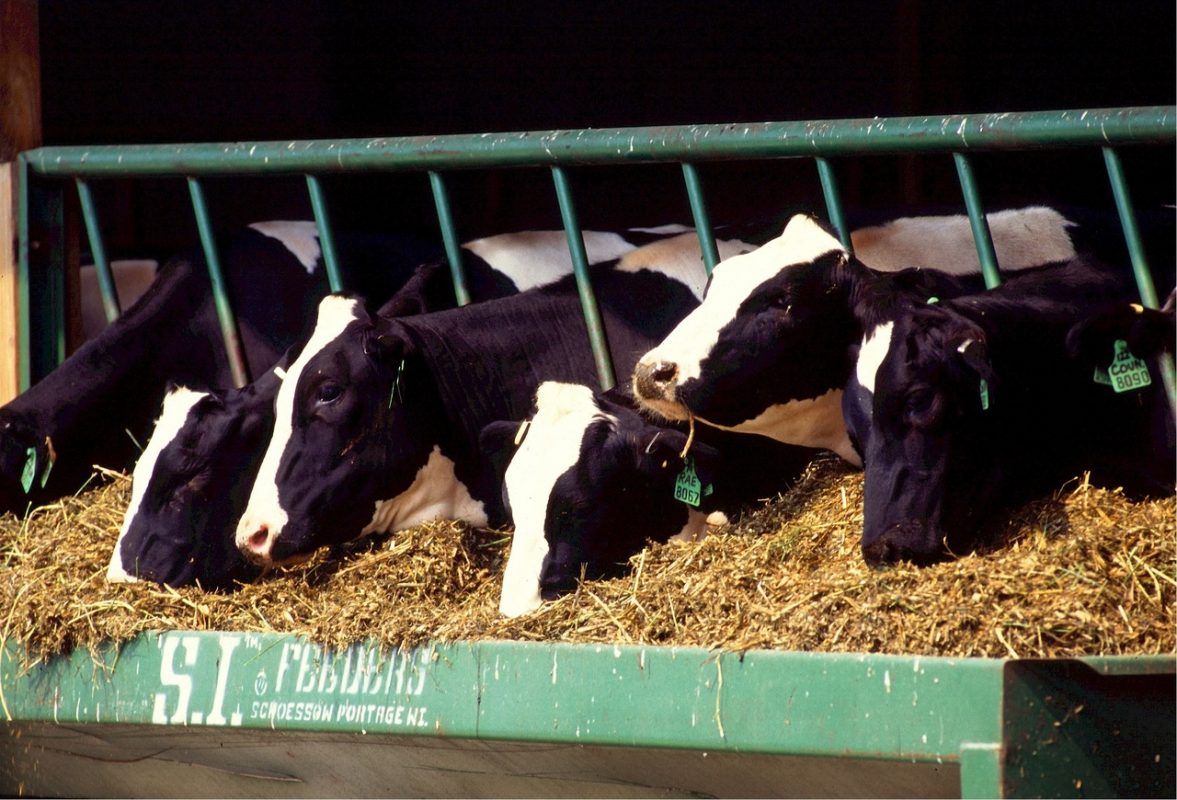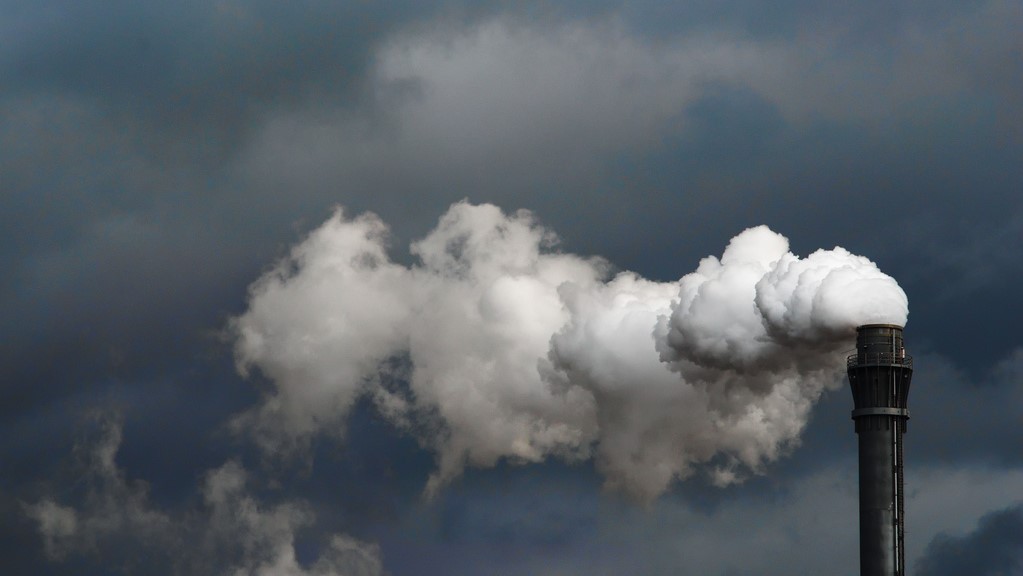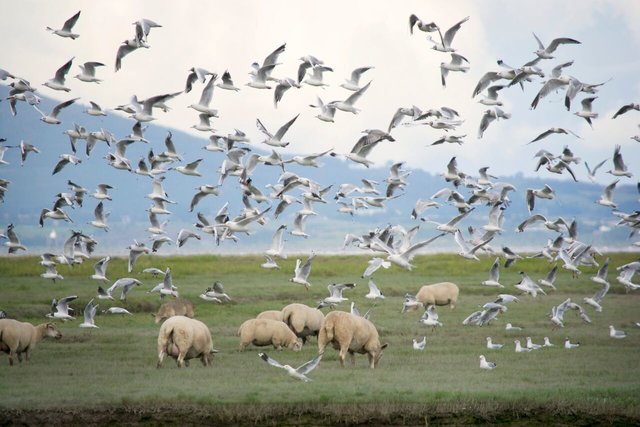Farmers must gain from land-use changes needed to hit climate targets

July 24th, 2019
The farming community must be engaged in, and benefit from, the major changes in land use required to meet our 2050 decarbonisation goal, the State’s climate advisory body has said.
This year’s annual review from the Climate Change Advisory Council, launched in the capital this morning, has a strong focus on agriculture that accounts for around one-third of our overall emissions.
Emissions in the sector are projected to continue increasing to 2030 due to growing cattle numbers, increased fertiliser use and carbon losses from land. This would “seriously undermine our ability to meet our 2030 target” if allowed to proceed unchecked, the council review states.
The review outlines several measures that the council says has the potential to substantially reduce emissions and safeguard farm incomes, with a reduction in the 1 million-strong suckler herd a key recommendation.
The sector is targetted, the council says, as both stocking numbers and farm incomes are already falling in the sector. According to the agri-research body Teagasc, only 25 per cent of cattle farms are economically viable.
The agri-research body found that nearly 40 per cent of cattle farms are socially vulnerable, largely due to low incomes and an aging cohort working in the area.
A reduction in numbers to levels seen pre-milk quota in the mid-1980s – around 480,000 cows – would see a fall in emissions of over 2.5 million tonnes, the review finds.
This move, the council says, would make an “important and cost-effective contribution to mitigation” while also making room for afforestation and reduce exposure to external market shocks for the export-driven sector.
The council review also outlines the need for changes in how we use our landmass as we currently have a net source of emissions due in large part to the drainage of peatland and low forestry levels.
In changing the ways we use our land, however, the council says that there will be “social implications” for the farming community that must be addressed if we want to achieve a just transition for the sector.
“Engagement with all relevant stakeholders will be important to ensure that the farming community benefits from the necessary changes in land use,” the council review states.
International analysis, the review states, shows that the consultation process with farmers tends to focus on the economic challenges, and often fails to consider the social and cultural aspects of agriculture.
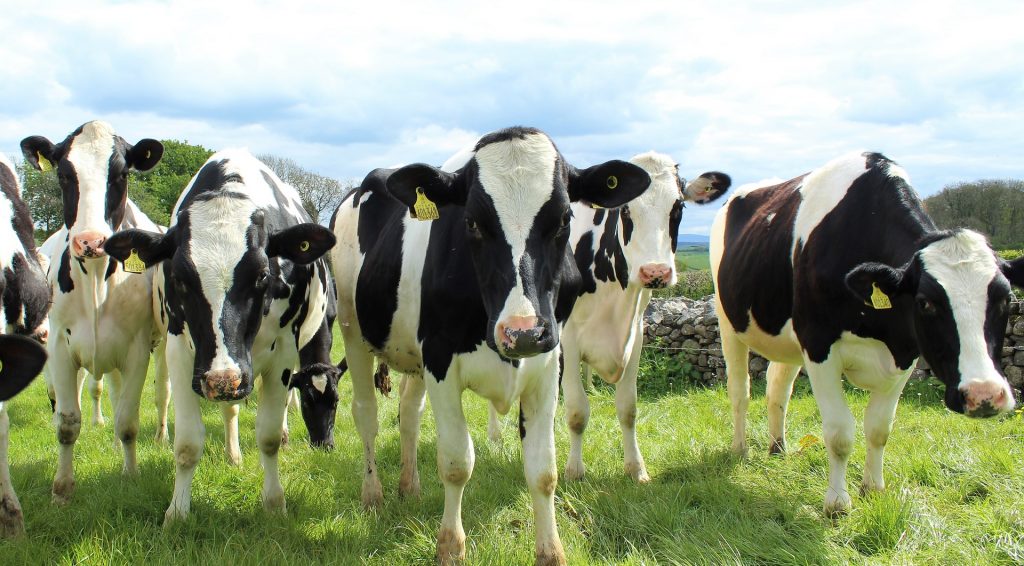
Family farm under pressure
Speaking this morning, the Council’s chair Professor John Fitzgerald said that, while the proposed changes in agriculture “looks good on paper”, they are not happening as farmers are “not fully engaged in the discussions for a just transition” in the sector.
“Farming and rural communities need to benefit and we need to convince people that they are going to benefit,” he added, especially with farm incomes under pressure.
Overall, over 75 per cent of Irish farms are earning less than €30,000 a year, with only one in 10 farms making between €30,000 and €50,000.
While dairy farms made an average of €61,000 last year, they experienced the steepest decline in income, down 31 per cent from 2017. In addition, many dairy farmers are strapped with large loans to cover equipment costs and have some of the most demanding workloads in the sector.
Harold Kingston, a dairy farmer from Co Cork, said that all agricultural prices and family farm incomes are “under pressure” so that all other links in the food supply chain can make a margin.
He told The Green News that it was good to see that all sides of the climate debate “recognised the need for farmers to make a viable income” at a recent Green Party stakeholder forum on land-use reform.
“The declaration of a climate emergency doesn’t mean abandoning rural Ireland,” added Mr Kingston, a former chair of the Irish Farmers’ Association’s (IFA) environment committee.
“Instead it means policy and investment must encourage rapid mitigation and adaptation. Farmers can deliver, but not if the main policy is restrictions.”
IFA President Joe Healy said today that the council’s recommendation to reduce the suckler herd is based on the “flawed logic” of looking at emissions on a single country basis. “Our farmers are amongst the most carbon-efficient food producers in the world because of our grass-based model of food production,” he said.
While it may be argued that Ireland’s dairy and beef sectors are lower-emitting compared to some other countries, the director of the Environmental Protection Agency, Laura Burke, said that the “atmosphere doesn’t understand efficiency”.
The increase in agri-emissions over the last five years is down to dairy numbers and emissions are “going in the wrong direction”, she said, with additional impacts seen on air and water quality and biodiversity overall.

Dairy emissions
The 14 per cent increase in agri-emissions since 2011 is largely down to increasing dairy cow numbers and nitrogen fertiliser use, the review states.
Abolition of the milk quota in 2015 combined with a growing international market and the State’s push for increased value of production under FoodWise 2025 are key factors pushing up emissions, the review states.
A recent report from Teagasc indicates that it will be very difficult to reduce emissions levels while also increasing food production, particularly in the dairy sector that emits an average of 502 tonnes of greenhouse gas emissions compared to well under 150 tonnes for the average cattle, sheep and tillage farm.
The council review states that the forthcoming reform of the Common Agricultural Policy, which will put a greater emphasis on funding farmers for climate-friendly activities, can help incentivise the necessary changes in the sector and “ensure a significant reduction in greenhouse gas emissions”.
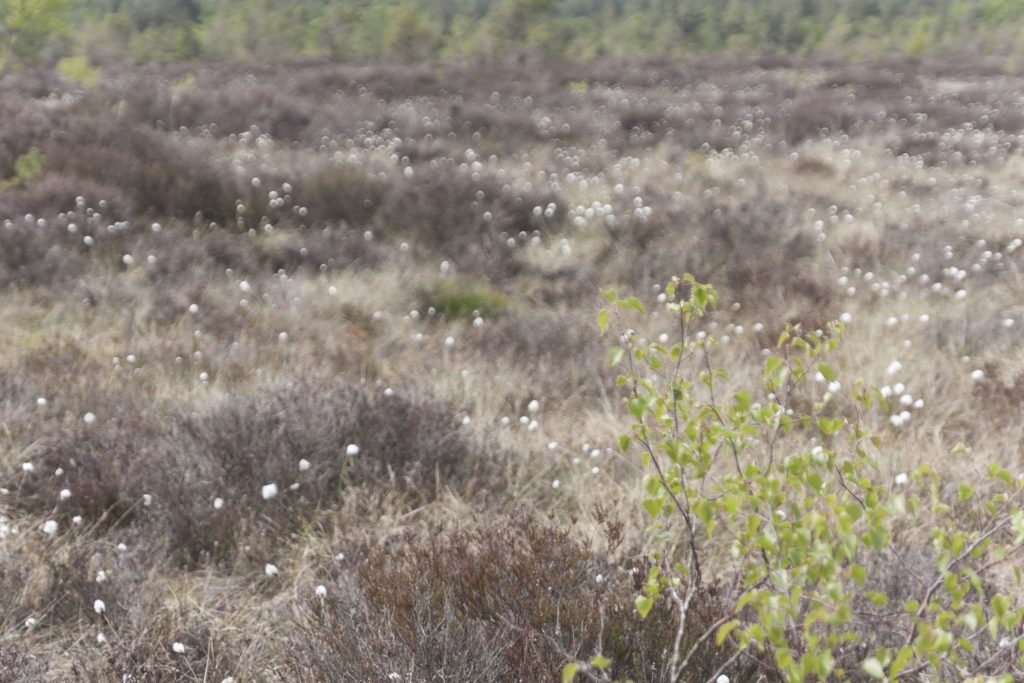
Afforestation and peatlands
Bord na Móna will cease the extraction of peat for energy generation by 2028, with the council stressing that the semi-state focus on maintaining and enhancing carbon stores within its bogs.
Over 80 per cent of our peatlands are in a degraded state due to historic and ongoing drainage for peat harvesting, use as agricultural grassland or forestry.
In addition, the council stresses that freeing up land for forestry should be a priority for policy action as hitting our 2050 decarbonisation objective is heavily “contingent on an expanded and sustainable domestic forestry sector”.
The rate of afforestation in 2017 fell to 5,000 hectares, with provisional 2018 figures falling further to 4,000 hectares. At these rates, Ireland will not attain the national forest policy goal of 18 per cent forest cover by mid-century, the council says.
With just 11 per cent, or 770,000 hectares, Ireland currently has one of the lowest levels of forest cover in Europe. Planting more trees and protecting peatlands would provide “multiple co-benefits to society”, the review states.
Benefits include protecting biodiversity, improving soil, air and water quality, and ensuring resilience to climate change, the council says.
[x_author title=”About the Author”]




